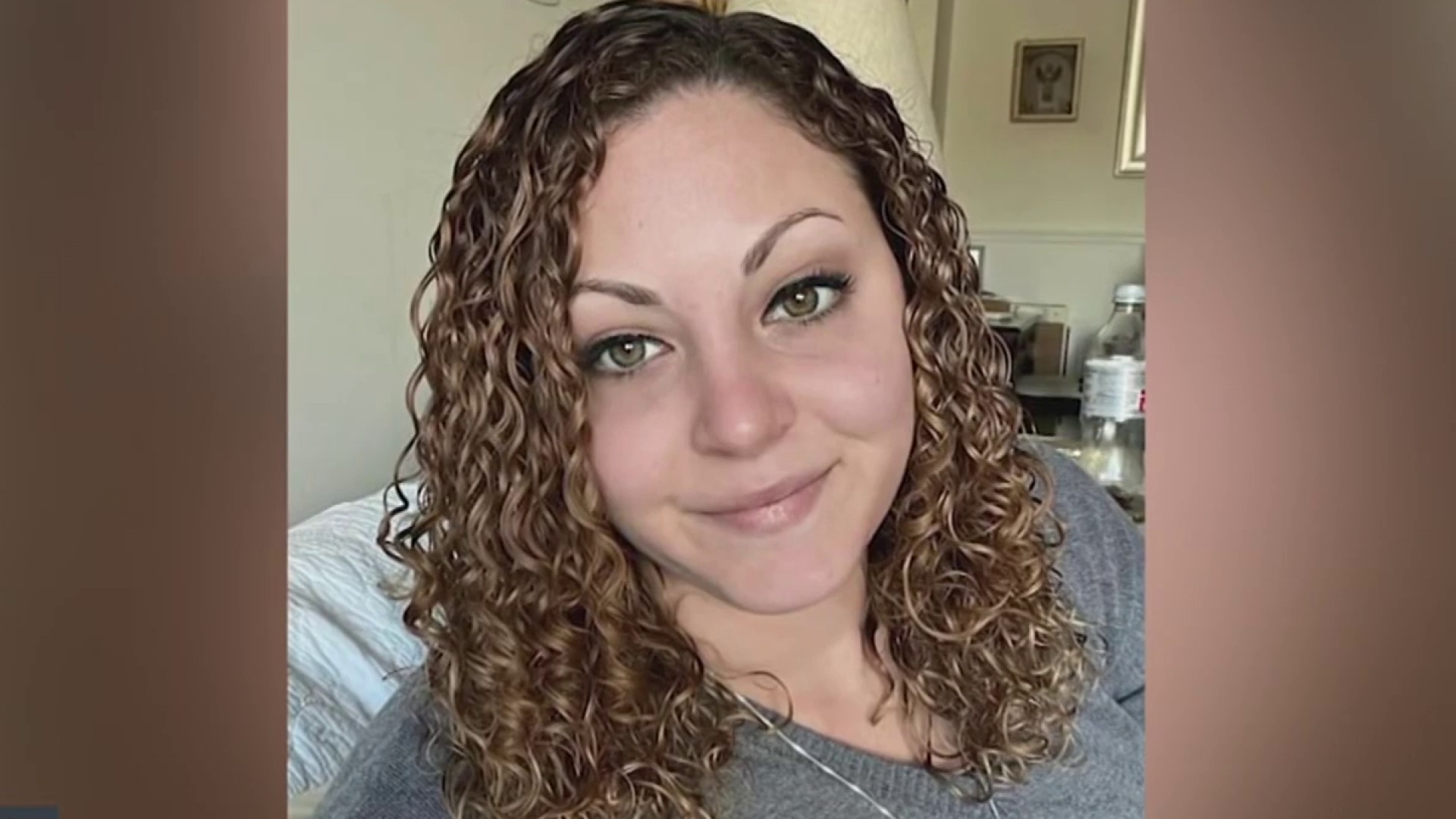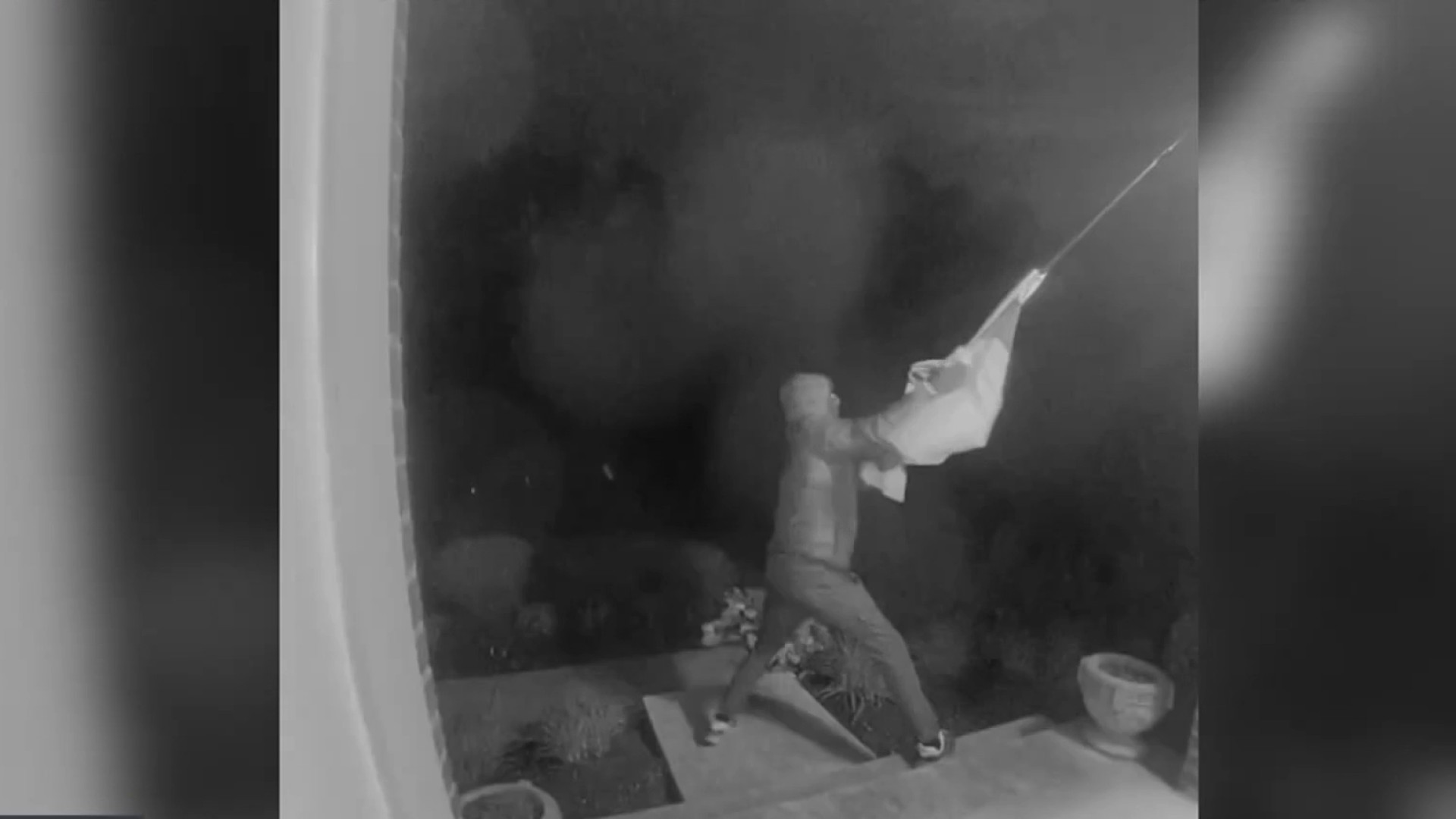Well, Powerball fever should peak about the time you’re reading this.
The jackpot exceeded $1.3 billion at the start of the week.
Did you win on Wednesday? Probably not.
Your chance of winning for each ticket played was 292 million-to-1.
We repeat. The odds were 292 million-to-1. Don’t feel bad.
Even after Saturday’s inconclusive drawing for the big prize, people weren’t impressed with reports that some players had won $1 million and many others had won $50,000.
No, players who lose don’t waste time on smaller-prize winners, even if it is a million dollars. If you don’t win the big one, you’re a loser.
Local
Washington, D.C., Maryland and Virginia local news, events and information
And even as people lusted — yes, lusted — after the outsized jackpot, people also were ignoring the $160 million jackpot in the weak sister Mega Millions game. The Notebook bets you didn’t even buy a ticket for that contest. Its odds of winning the top prize were only 252 million-to-1.
Why this outsized belief that we can win an outsized prize?
It’s fun to fantasize, pure and simple, and reality doesn’t have to intervene.
In a 2013 article, Associated Press reporter Sharon Cohen was blunt.
“The incredibly remote odds don’t really sink in for people,” she reported, quoting George Loewenstein, a professor of economics and psychology at Carnegie Mellon University.
Loewenstein has researched the motives underlying lottery ticket purchases.
“People don’t really understand probabilities at all,” he said in the 2013 report. “Once you have a bunch of zeroes, it doesn’t matter how many you have — one in 10,000, one in a million or one in a billion. ... People do understand the meaning of the word ‘largest.’ They overact to one dimension and underreact to the other.”
And Loewenstein said people also cling to a more romantic notion: Amazing things happen to others, so why not to me?
■ Speaking of long odds! The lottery fever fades with the reality of losing. So we turn to the equally long-shot chances of the Republican Party in the District.
There’s little hope any Republican will win this city’s three electoral votes. But, if you are so inclined, you could compete to be a D.C. delegate to the July 18 National Republican Convention in Cleveland.
It’s not a waste of time.
D.C. Republicans will pick 16 voting delegates and 16 alternates for the convention. That’s more delegates than Delaware or Vermont. It’s the same as Rhode Island and Hawaii.
The city Republicans will pick delegates at a March 12 convention, where members will also select their preferred presidential candidate. The hotel site hasn’t yet been chosen. If you’re a registered Republican here, you have to collect only 25 signatures or pay $50 to become a delegate candidate. Currently, there are 60 people signed up to run for a delegate slot. The deadline to sign up is Feb. 12 at 5 p.m.
Local party official Patrick Mara says the city’s delegate total is nothing to sneeze at.
Given the potentially close national GOP convention, Mara told us, “We haven’t mattered as much since Frederick Douglass was alive and a delegate.”
And the District is not winner-take-all. The 16 votes will be proportioned among the candidates.
Plus, there are three more voting delegates — one each for the local party chairman and the national committeeman and committeewoman. But those three must vote for the winner of the local convention.
There are 10 candidates who qualified to be considered at the city Republican convention. Rand Paul was the last. Based on nominating signatures, each candidate must pay $7,500 or up to $15,000 to be considered at the convention. That’s cheap compared to other jurisdictions. In South Carolina, you pay $40,000. It’s how the various parties pay their expenses.
Obviously some candidates may drop out, but those qualified for the D.C. convention right now are Paul, Ben Carson, Ted Cruz, Donald Trump, John Kasich, Carly Fiorina, Chris Christie, Jeb Bush, Marco Rubio and Rick Santorum. (The deadline to become a candidate was Jan. 4.)
If you have questions about becoming a delegate or helping the party’s convention, contact Patrick.Mara@dcgop.com.
■ 92 percent! What were the odds? Your Notebook wishes he could have written his own report cards in school. We’re certain that the grades and the comments would have been a lot more favorable that they actually were.
We bring this up because Mayor Muriel Bowser has issued a first-year report card on her administration. In a 44-page report, the mayor gives herself a grade of 92 percent on doing what she said she’d do in the first year.
“The mayor has either delivered, launched or prepared to launch 92% of the promises she committed to during the 2014/2015 Mayoral transition,” her office reported on Monday. “We laid the groundwork … for future growth and prosperity.”
In light of all of this, we give the Notebook a grade of 92 percent for knowing to stop here.
Tom Sherwood, a Southwest resident, is a political reporter for News 4.



